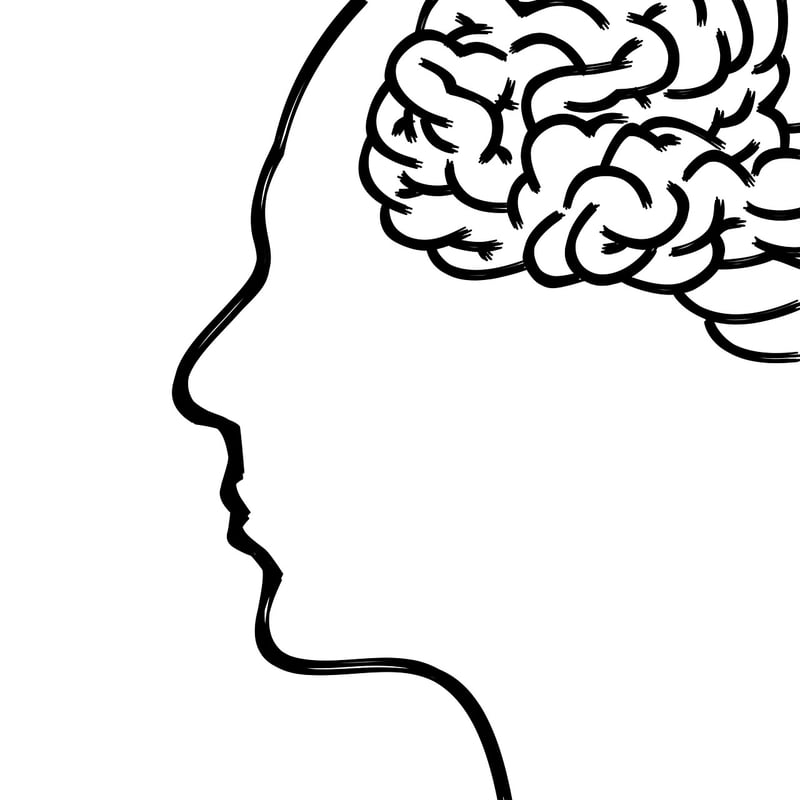Emotional Intelligence
The Importance of Emotional Health and Developing Emotional Intelligence
Emotional health plays a crucial role in our overall well-being. It affects how we think, feel, and act in our daily lives. Similarly, emotional intelligence is a vital skill that helps us navigate through our emotions and understand the feelings of others. Let's delve into the significance of emotional health and how developing emotional intelligence can positively impact our lives.
Understanding Emotional Health
Emotional health refers to our ability to manage and express emotions in a constructive manner. It involves being aware of our feelings, understanding what triggers them, and coping effectively with stress. People with good emotional health can form positive relationships, handle life's challenges, and bounce back from setbacks.

The Role of Emotional Intelligence
Emotional intelligence, often referred to as EQ (Emotional Quotient), is the ability to recognize, understand, and manage our emotions and the emotions of others. It involves skills like empathy, self-awareness, self-regulation, social skills, and motivation. Developing emotional intelligence can lead to better communication, healthier relationships, and improved mental well-being.

Benefits of Prioritizing Emotional Well-being
- Enhanced self-awareness and self-regulation
- Improved communication and interpersonal skills
- Better stress management and resilience
- Increased empathy and compassion towards others
- Greater overall happiness and life satisfaction
Tips for Developing Emotional Intelligence
- Practice active listening and try to understand others' perspectives.
- Learn to identify and manage your own emotions effectively.
- Cultivate empathy by putting yourself in someone else's shoes.
- Communicate assertively and respectfully in challenging situations.
- Seek feedback from others to gain insights into your emotional strengths and weaknesses.
By prioritizing emotional health and working on developing emotional intelligence, we can lead more fulfilling lives, build stronger relationships, and effectively navigate the complexities of the modern world.
Remember, it's okay not to be okay sometimes, but taking steps to improve our emotional well-being can make a significant difference in our overall quality of life.
